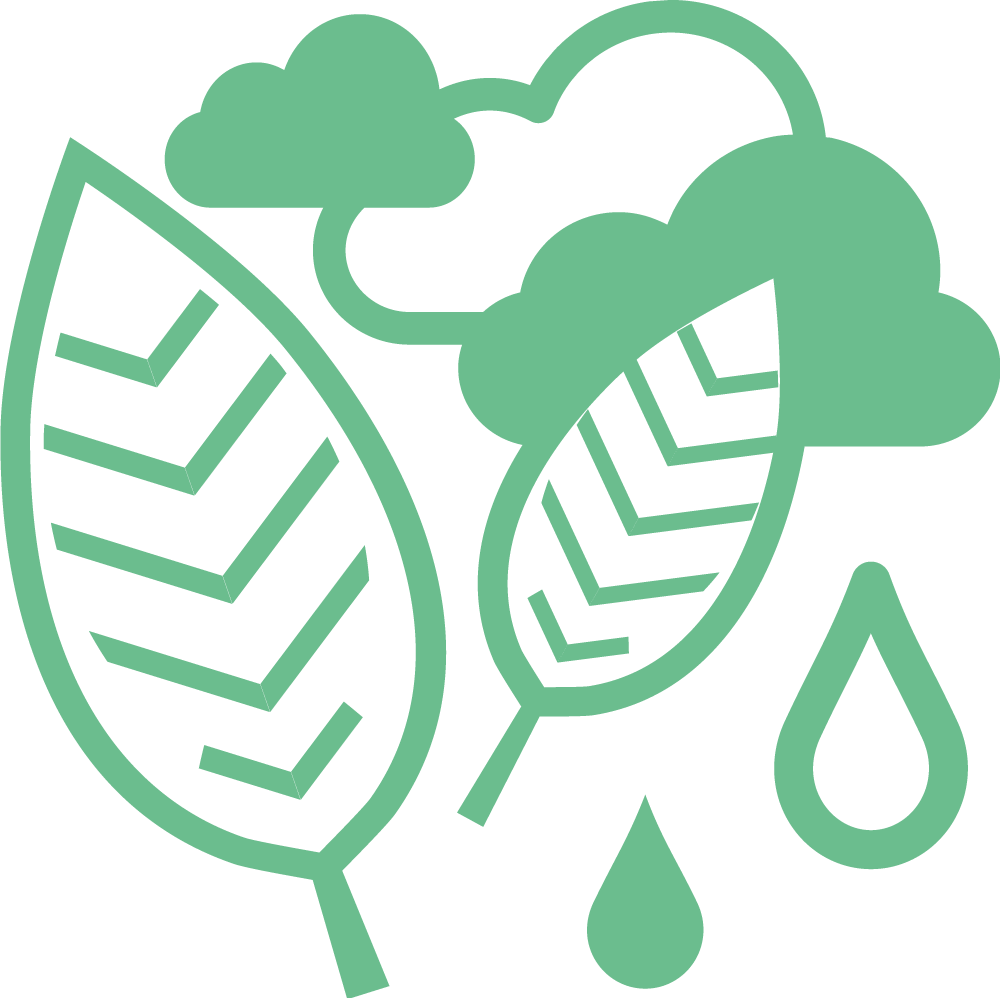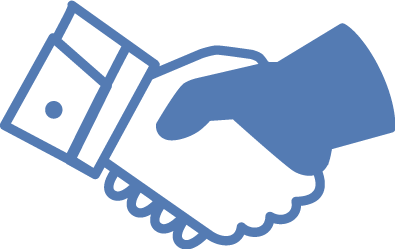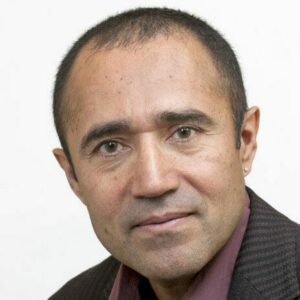With the emergence of stakeholder engagement as table stakes for corporations seeking more sustainable operations, better community relations and impactful public affairs, it comes as no surprise that Corporate Social Responsibility (CSR) and sustainability are now part of college curriculums in Business Management. Add to that the UN’s Agenda 2030 and the Sustainable Development Goals (SDGs) and you’ve got the perfect recipe for transforming the way businesses do business altogether.
This wind of change creates opportunities to make the world a better place. That’s exactly what Ruben Burga, Assistant Professor for the Undergraduate CSR Programs at University of Guelph, in Ontario, Canada, experienced first-hand with students this summer. Boréalis recently sat down with Assistant Professor Burga to discuss his field trip.
Can you tell us about the field trip with your students in the CSR program?
For example, this particular isolated community had concerns regarding food security, access to health and welfare services, and seasonal employment. These issues were individually manifested by groups of stakeholders but when viewed through the lens of actor-network theory (1), which is a theory that considers relationships among all actor-networks surrounding an issue, the problems revolved around obtaining the same access to the community that is enjoyed by surrounding communities.
How did the students undertake their stakeholder engagement activities?
During the field course students created relationships with stakeholders by staying with them and conducting informal interviews to identify individual and community concerns. At the end of the field course, we gathered their experiences, which were then graded according to the depth of their critical reflections.
What did the students find as the best stakeholder engagement strategies for community relations?
- Recording of community concerns
- Mapping salient issues
- Identification of networks of importance
- Ranking community members in terms of their legitimate concerns, the urgency of their concerns, and the actual and perceived power of their community group. This process is also referred to as stakeholder assessment or stakeholder mapping.
What were the lessons learned about community engagement during the field trip?
In certain industries such as the extractive resource industry, it is institutionally and legally mandated to carry out community engagement activities. But that’s not the case for many other industries, including consumer goods, manufacturing, transport, utilities, etc.
By the end of the trip, students gained an appreciation for the mosaic of issues that can be found at the community level. A key take-away here is that they did not have access to technology to complete the exercise during this trip: they relied 100% on manual methods to carry out their activities. Luckily, the situation for organizations is otherwise.
As an instructor, I gained an appreciation for the power of software that could be used to replicate the manual efforts of the students. Socially responsible corporations will need to engage with community members, prioritize their actions within the concern of the community members and be accountable for their actions with the community, and legislators. All of which they can now integrate with technology.
So would you say that technology can revolutionize how we do community engagement activities?
Yes, I think so. By the end of the field school experience, what became very apparent to me was the attractiveness of a tool such as the Boréalis Stakeholder Engagement Software to gather individual stakeholder inputs, concerns, and interests. This is crucial in stepping back at certain points and weighing the importance of salient issues to the community in order to create the best strategy for realizing goals.
What questions would you like to ask Assistant Professor Burga? Please enter them in the comments.
About Boréalis
Boréalis online stakeholder engagement software is used by organizations around the world to successfully engage stakeholders and secure social license to operate in a wide range of industry sectors. To request a free custom demo of our software, contact us.
- Actor-network theory and how it delves into social constructivism and social relationships has been described by Callon in 1986; Latour in 1987 and 1996; Sage, Dainty, and Brookes in 2011.
- Stakeholder identification and prioritization have been described by Freeman in 1984; Mitchell, Agle, and Wood in 1997; Kusyk and Lozano, 2007; Burga and Rezania, 2016.
- Boréalis Stakeholder Management software is one of the client relationship tools that can be used to create stakeholder maps, assess stakeholders, prioritize communications, and engage with community.





